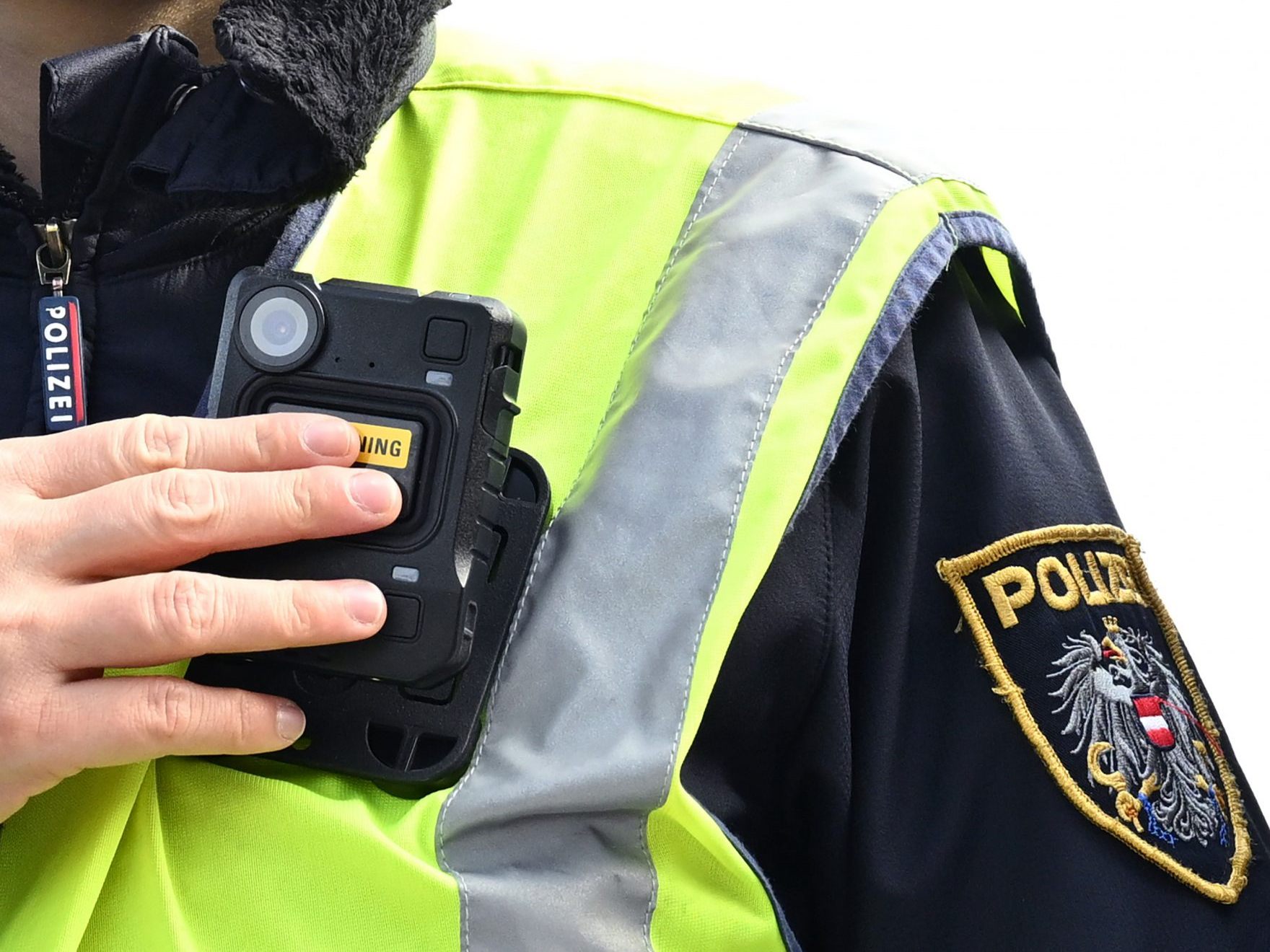EBM Advisory Board for Improvements in Police Bodycams

The EBM Advisory Board recommends adjustments in the use of bodycams to ensure their evidential value in legal proceedings, according to a release on Friday. The widespread use of bodycams by the police is generally welcomed as an important contribution to de-escalation and securing objective evidence.
EBM Advisory Board Demands "Complete Picture" with Police Bodycams
"Especially in the clarification of allegations of mistreatment, video recordings are often the only means to reconstruct the course of official actions," emphasizes the chairman of the EBM Advisory Board, Meinrad Handstanger. Bodycams could also exonerate police officers suspected of mistreatment if the allegations are unfounded. In practice, however, the board sees room for improvement. Currently, neither the crucial minutes before an escalation are documented, nor is it ensured that the behavior of the officers involved in an official action is captured on video. "Anyone who wants to assess the proportionality of a police measure needs a complete picture. Both in terms of content and time," criticizes Handstanger.
The EBM Advisory Board therefore recommends documenting every exercise of police command and coercive force and equipping the cameras with a pre-recording function to capture the crucial moments before an escalation. Additionally, the camera angle should be chosen to ensure the behavior of the acting officers is captured. The use of body cameras can, in turn, constitute an intrusion into the right to privacy of filmed individuals, the EBM Advisory Board notes. Therefore, this should be designed as gently as possible. An unjustified restriction of the recordings could, on the other hand, itself constitute a violation of the European Convention on Human Rights (ECHR).
"The Ministry of the Interior welcomes the statements of the independent advisory board," it was said on Friday afternoon in response to the findings of the EBM Advisory Board. However, it is "in the nature of situations that require coercive measures that an escalation does not announce itself in advance and decisions often have to be made within seconds," emphasized the Ministry of the Interior in a statement sent to the APA.
(APA/Red)
This article has been automatically translated, read the original article here.





